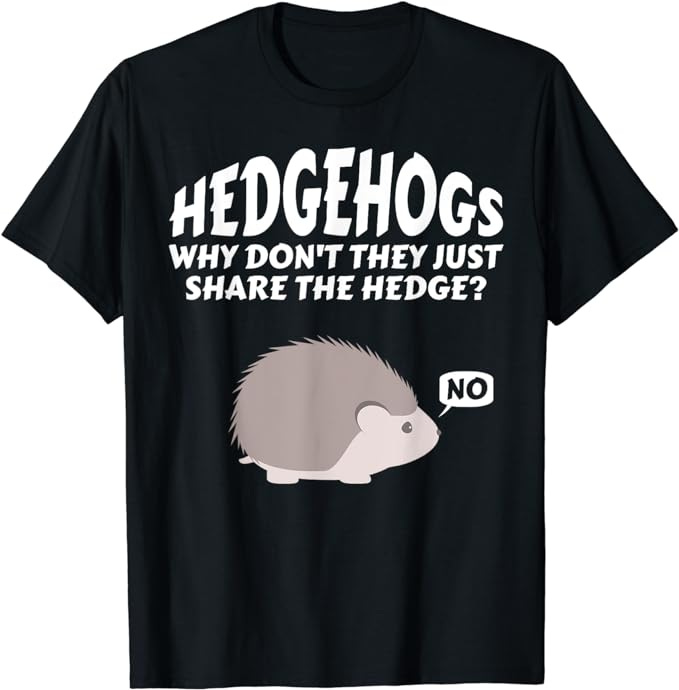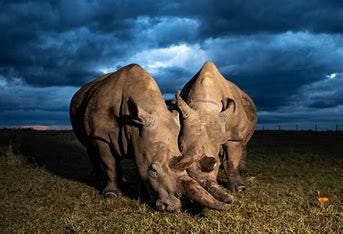My son called out to me shortly after waking, “Mom, the last white rhino has died.”
He knows I care about these things.
He was also wrong.
Before I fact checked him, I sent a message to a few close friends sharing how bereft I was at the news. Note to self, 15-year-olds who use Tik Tok aren’t a reliable news source.
The basic theme of my message to friends was “humans suck. What is wrong with us?”
Not my most gracious communication I’ll admit and yet it touched at the core of my deep despair that an amazing creature, or so I thought, was no longer here.
The actual facts are that the last male rhino, Sudan, died in 2018. He is survived by his daughter and granddaughter which means the species is now functionally extinct. I hopefully don’t need to tell you about the birds and the bees to explain why this is so.
I know enough about these issues to realize that in some ways there are no easy solutions. These are complicated matters that intersect culture, society and economics. There are also a lot of good people (humans that don’t suck) that work tirelessly to try to avert these realities from happening and yet… we humans are to blame. This is happening on our watch.
While it often doesn’t help to simplify complex issues sometimes it does: we need to decide as a species that this planet isn’t just for us; that other species have just as much right to “life, liberty and the pursuit of happiness” as us. We need to share the hedge.
We need to decide that other species have just as much right to “life, liberty and the pursuit of happiness” as us. We need to share the hedge.
As humans, with our vast intellects, we tend to get mired in debates about policy. We get caught up arguing about competing priorities. Yet I’d argue that none of that truly matters unless we adopt a core value that says we have to share - that it’s no less than a moral obligation.
In my twenties, I did some advocacy work to support the Defenders of Wildlife. They are one of the pivotal organizations behind the reintroduction of the wolf in Yellowstone. One of their methods for addressing opposition from the ranchers that fought against sharing space with the wolves was to provide full compensation for any cattle loss as if it was a full steer head. In other words, a rancher would be paid the full market value of a grown-up cattle regardless of the age of the lost animal. Pretty nifty right? Who could argue against that? Apparently, the ranchers did. Despite suffering no economic loss if a wolf killed one of their herd, they still didn’t want them in their backyard.
In the end it came down to convenience. Why deal with filing paperwork to get compensation when you can just shoot a wolf and be done with it, or better yet wouldn’t it be easier if they just didn’t exist in the first place.
This makes me angry, and it is also very human.
Extinction rarely happens in one grand act like the asteroid that supposedly eliminated the dinosaurs. It happens slowly over time in the micro decisions we make or don’t make: what we consume; what we buy and throw away; who we vote for or don’t.
In the end it comes down to our values. Do we worship at the altar of convenience and entitlement, or do we believe that we have a moral obligation to insure the survival of other species? I realize it can be hard to think that individual actions make a difference in the face of such enormous and complex issues but to do nothing guarantees a negative outcome.
I for one don’t want to live in a world without wild wolf song.
Our world will be a little less magnificent and magical if we lose the Sumatran Orangutan, the Amur Leopard, the Mountain gorillas.
I was wrong about the white rhino but one morning my son will tell me that the last one has died and this time he’ll be right.
It is too late for that specie and perhaps for too many others, but nothing will change unless we change.
It’s time we learn to share the hedge.
If you enjoyed this post, feel free to send a gift subscription to a friend! It’s free for you and them!







I did not expect to wake up this morning and think about rhino sex, but here we are. :D
It would be nice if humans could—so far not our strong point, sad to say.